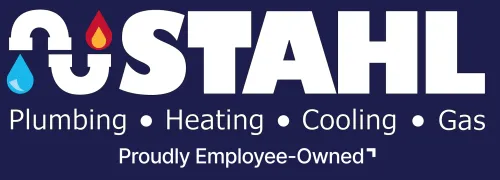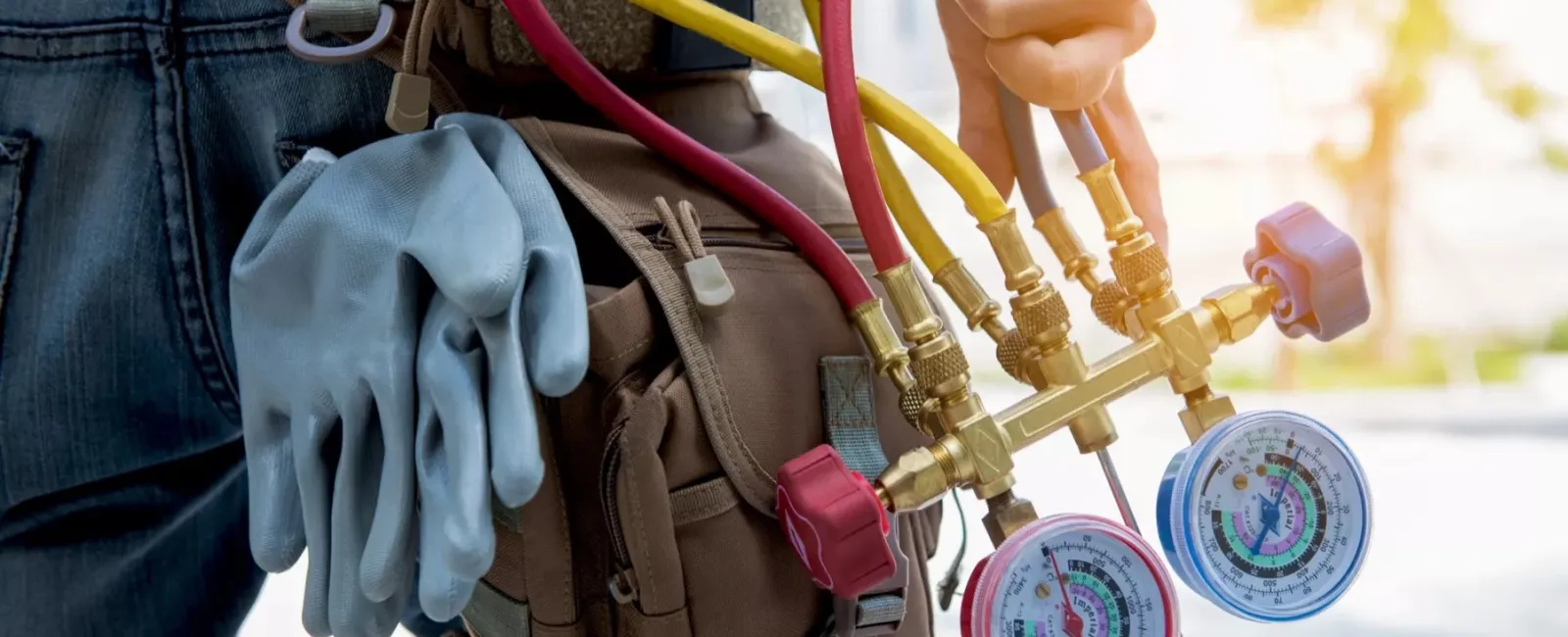 Having a busted heater is a nightmare for any homeowner, especially in the middle of winter. Plus, since the cost of fixing it is typically astronomical, paying for it isn't economical. Thankfully, you can avoid experiencing both of these by following some tips given by professionals of emergency heating repair in Pittsburgh, PA.
Having a busted heater is a nightmare for any homeowner, especially in the middle of winter. Plus, since the cost of fixing it is typically astronomical, paying for it isn't economical. Thankfully, you can avoid experiencing both of these by following some tips given by professionals of emergency heating repair in Pittsburgh, PA.
According to these experts, most of the major repairs they've done can be prevented. With a bit of mindfulness, you can avoid huge heating repair bills while staying warm during winter; the only question is, "how?"
If you're wondering what the secret is, don't sweat it, because this blog can help you with that. Whether you own a furnace, boiler, heat pump, or stove, here are some things you should do:
Don't Delay Repairs
The biggest mistake most homeowners make is delaying repairs. Even if there's something wrong with their heater, as long as it can still generate heat, people tend to ignore it, thinking it's not a big deal.
What people don't realize is that these problems tend to pile up. The components of a heating system are all interconnected. If a drain or fan isn't working properly, it affects the whole unit. While your heater may look fine, continuous wear and tear is already happening inside.
Once it reaches the point where the heater stops working, only then do people call for heating repair service. But, rather than fixing some minor issues, a costly complete overhaul is usually required.
Don't wait for your heater to break down. Call for local repair service once you notice these early signs of damage:
- Poor Air Quality: One of the most obvious signs that there's something wrong with your heater is poor air quality. If you notice that the airflow is getting weaker and the blower's failing to produce a warm breeze, you know it's time to call in the experts.
- Strange Noises: Banging, grinding, screeching, and anything similar should make you suspicious. Residential HVAC systems, especially modern heaters, are designed to not produce any noises at all.
- Leaks: Puddles forming below your heater is a sign of a blocked or broken condensate drain. If left unfixed, water can seep into areas where it's not supposed to or lead to mildew and mold growth.
- Odd Smells: Be conscious of musty odors similar to those from basements and utility closets. This scent is produced by microorganisms that thrive in warm water. If this smell is coming out of your heater, it could be a sign that there's a leak inside the system.
Practice Proper Maintenance
 If you really want to avoid repairs, this is what you should do. By practicing proper heater maintenance, not only will you prevent any problems from getting worse, but you'll also spot them before signs show.
If you really want to avoid repairs, this is what you should do. By practicing proper heater maintenance, not only will you prevent any problems from getting worse, but you'll also spot them before signs show.
To ensure that your heating system is in tip-top shape, here's a quick checklist on what you should do:
- Clean or replace the filter
- Test the blower motor
- Reduce the heating load
- Clear the household vents and the outside exhaust flue
- Remove flammable objects around your heater
- Clean the heating system vents and ductwork
Do this at least once a year, preferably before the cold months begin. This way, you can be confident that nothing will happen to your heater when you need it the most.
Avoid paying huge repair bills by following these tips. But, for unexpected problems, or if you notice any signs of damage, don't hesitate to call for an emergency heating service in Pittsburgh, PA. Get in touch with Stahl Plumbing, Heating & Air Conditioning for help.

